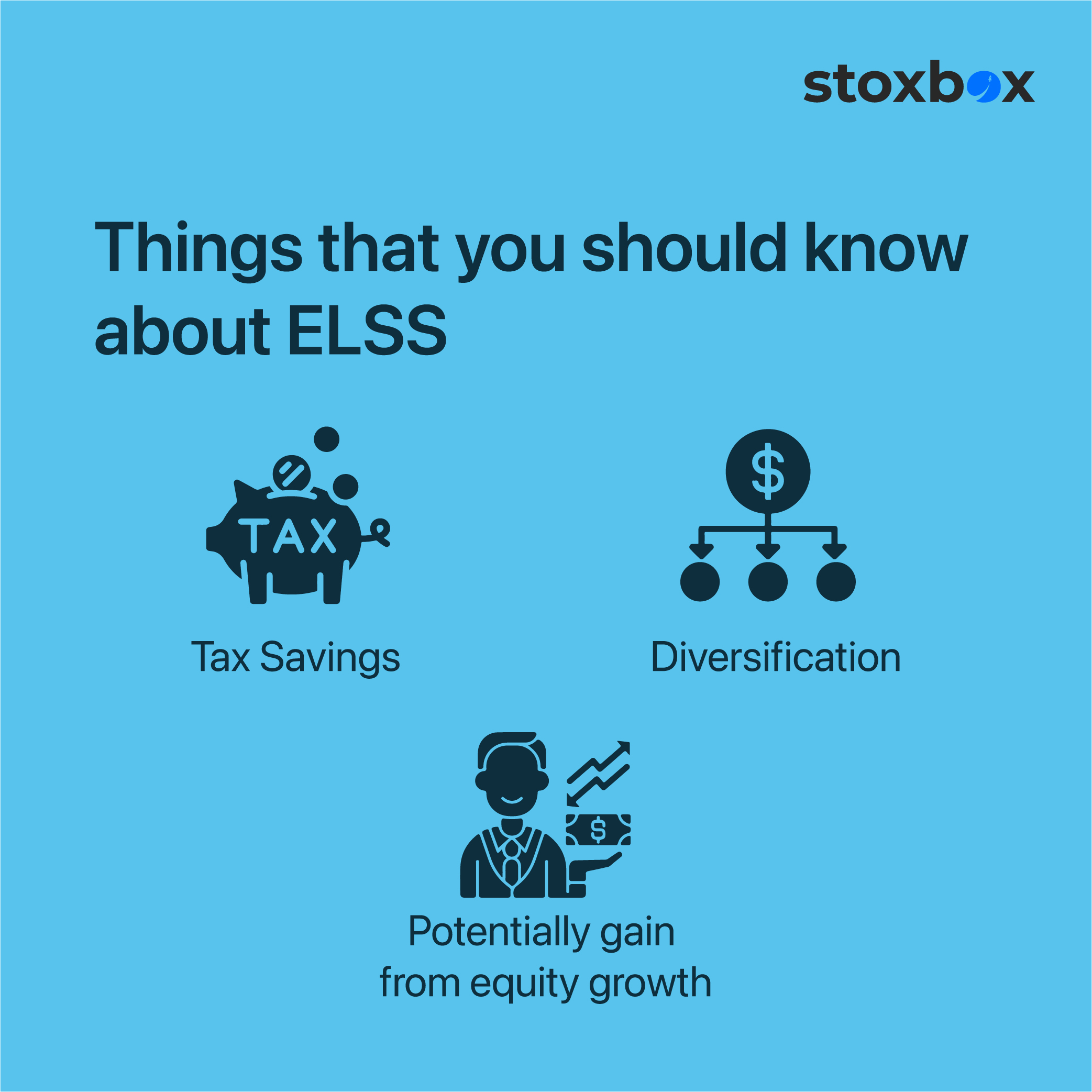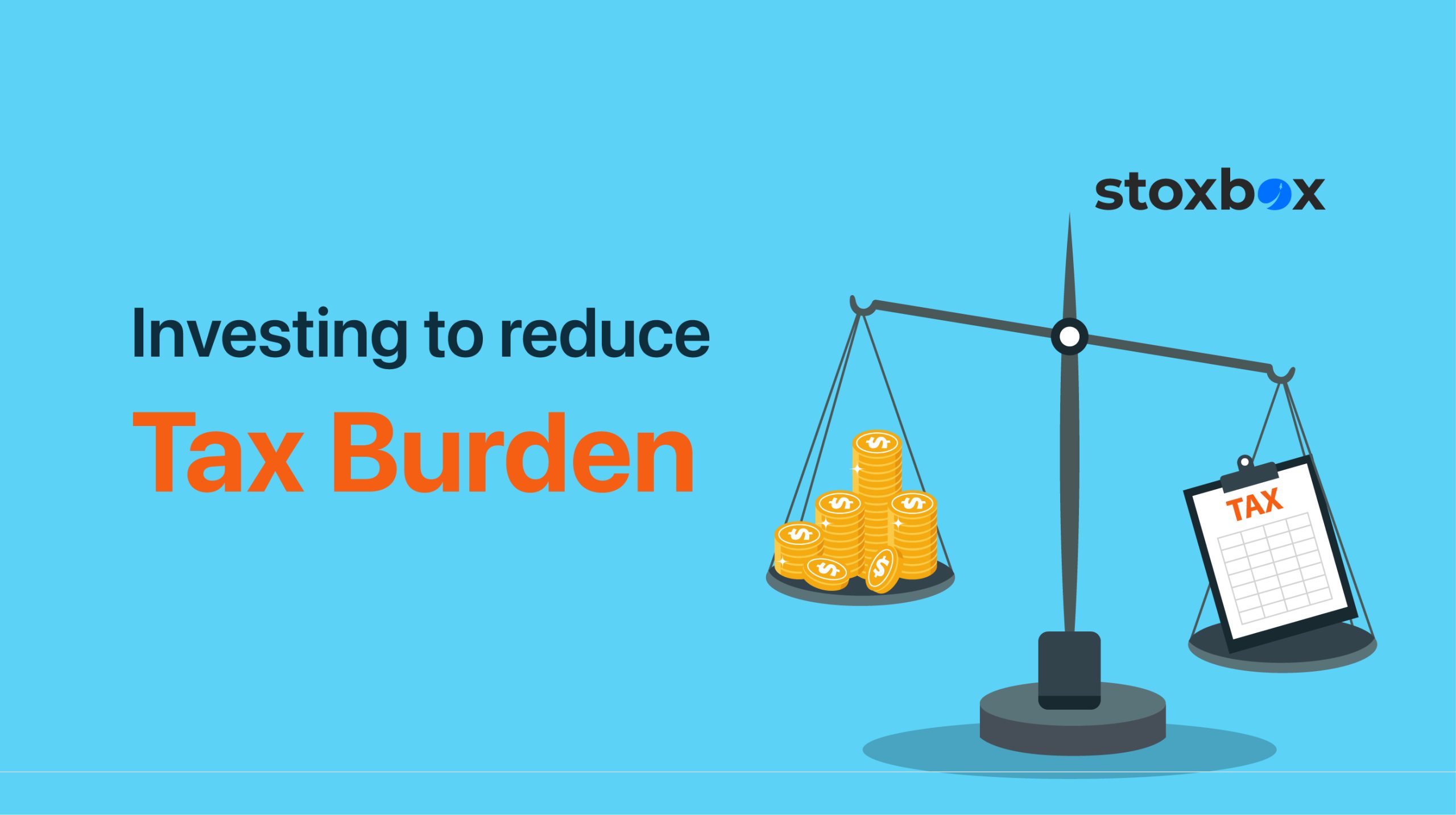It is well-known that taxation can reduce your income in hand. Take the example of Shalini who recently started her earning journey with an annual package of Rs. 6,00,000. She was very excited as she expected to receive Rs. 50,000 every month less some amount of tax. Her calculation of income in hand was simple, i.e., Rs. 6,00,000 divided by 12 months less taxation. So, in the first month when she did not receive the entire Rs. 50,000 she was not surprised. However, what did surprise her was the fact that her colleague, who had the same annual package as her, received more money than she did. She wasn’t sure how that happened? Have you found yourself in a similar position?
The reason Shalini’s colleague received more than her on a monthly basis despite having the same annual package was due to astute tax planning. Through timely and wise tax planning, you can reduce your tax outgo and increase your cash in hand. How, you ask?
Under chapter vi A of the Income Tax Act, and specifically under section 80C of the IT Act, investments in certain instruments are eligible as a deduction with a limit of Rs. 1,50,000. Of the many options available, one ideal investment option is Equity Linked Savings Scheme (ELSS) mutual funds.
What is ELSS?
An ELSS is simply an equity mutual fund, but with a twist. The twist is that an investment in ELSS provides tax exemption of up to Rs. 1,50,000 under section 80C of the Income Tax Act. ELSS mutual funds primarily invest in equity and equity linked instruments. Thus, when you invest in ELSS, you not only reduce your tax liability but can also potentially reap higher gains through exposure to equities. An additional advantage is that investments in ELSS are subject to a lock-in period of 3-years which is lower than most other tax savings instruments. Further, the returns generated through ELSS investments are subject to long-term capital gains tax.
Things that you should know about ELSS

Tax Savings: Investment in an ELSS mutual fund is allowed for deduction under section 80C of the Income Tax Act. The cumulative limit for deduction under this section is Rs. 1,50,000.
Potentially gain from equity growth: Since these funds primarily invest in equity and equity linked instruments you have the opportunity to gain from the long-term benefits of equity investing.
Diversification: ELSS mutual funds invest the corpus collected in equities across market capitalisations and sectors. As a result, you are able to achieve some degree of equity diversification just through a single investment.
Investing in ELSS mutual funds

As an investor, you can either choose to invest a lumpsum amount in the ELSS mutual fund of your choice or even start a Systematic Investment Plan (SIP) in the same scheme. Starting an SIP entails investing a fixed amount of money at periodic intervals. If you start an SIP, then you will not only reap the benefits of investing in an ELSS but also gain from the advantages of SIP which include rupee cost averaging, compounding, no need to time the market, and inculcating discipline.
While paying tax bothers most of us, not everyone actually takes the easy route to reducing their tax burden. Now that you know about ELSS, you should consider investing in it to reduce taxes and maximise your income.
under chap vi a
You might also Like.
The Link Between Mutual Funds and Compound Interest
The Link Between Mutual Funds and Compound Interest If...



